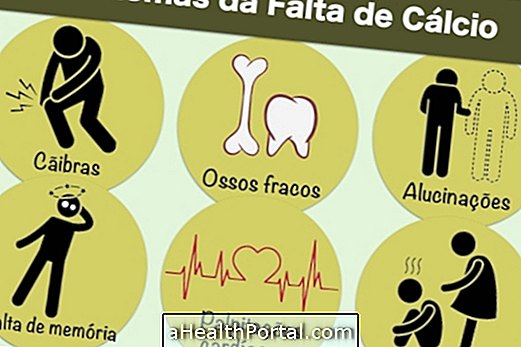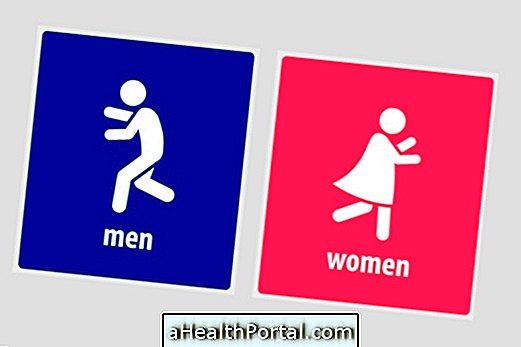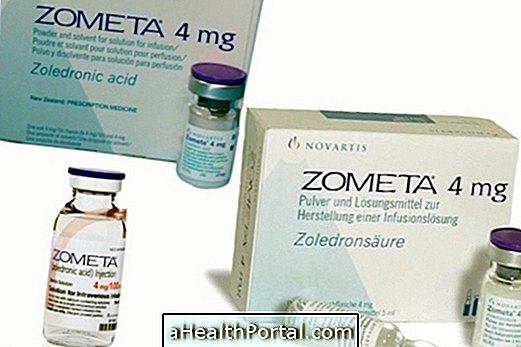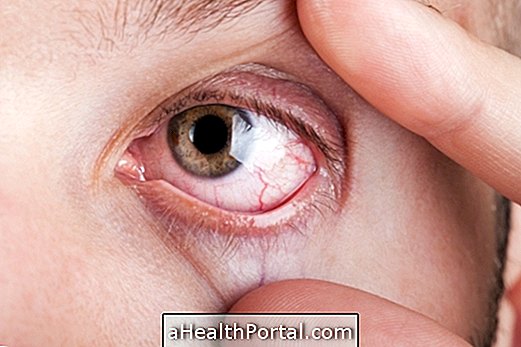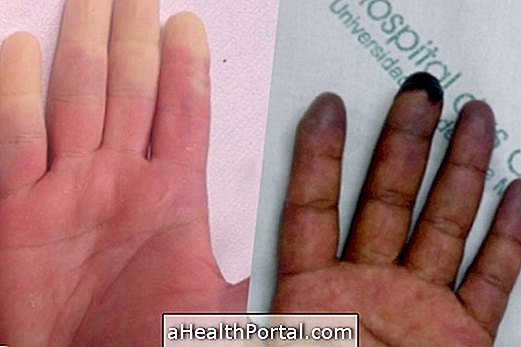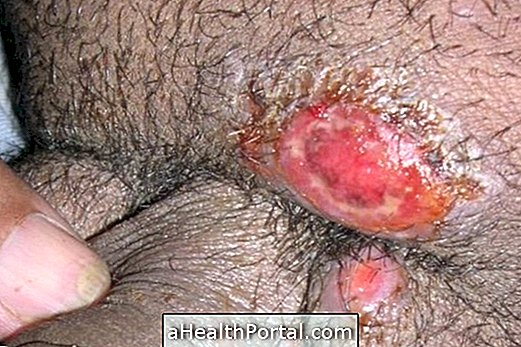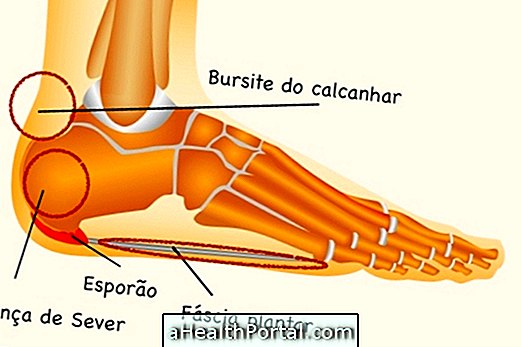Symptoms of kidney problems are rare, but when they do, early signs usually include decreased urine output, exaggerated swelling of the legs and constant tiredness.
Since not everyone can have symptoms, the best way to know if there is a problem in the kidneys is to do regular urine and blood tests and, if necessary, do an ultrasound or CT scan. These exams are especially important in cases of increased risk of kidney changes, such as in diabetics, the elderly and people with high blood pressure or a history of kidney failure in the family, for example.
If you think you may have a kidney problem, choose the symptoms you are feeling, to assess your risk:
- 1. Frequent urge to urinate Yes No
- 2. Urinate in small quantity at a time Yes No
- 3. Constant pain in the bottom of the back or flanks Yes No
- 4. Swelling of the legs, feet, arms or face Yes No
- 5. Itching all over the body Yes No
- 6. Excessive tiredness for no apparent reason Yes No
- 7. Changes in color and smell of urine Yes No
- 8. Presence of foam in the urine Yes No
- 9. Difficulty sleeping or less sleep quality Yes No
- 10. Loss of appetite and metallic taste in the mouth Yes No
- 11. Feeling of pressure in the belly while urinating Yes No
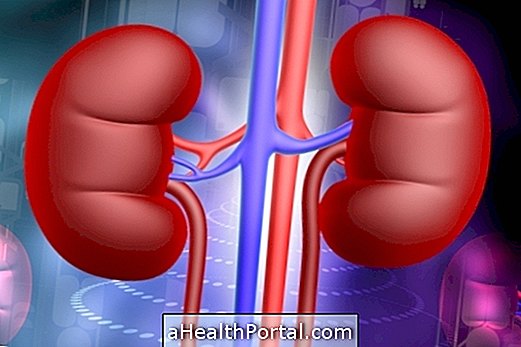
If there are more than 2 of these symptoms it is important to consult a nephrologist or general practitioner to make diagnostic tests and to identify if there really is a problem in the kidney that needs to be treated. See the main causes of kidney pain.

Common Kidney Problems
The problems that most often affect the kidneys are:
- Kidney stone : it consists of the accumulation of small stones inside the kidney, that can hinder the passage of the urine to the bladder;
- Cysts in the kidneys : they are frequent with the advancing of the age, but, when they are very big, they can cause pain in the kidneys;
- Polycystic kidney disease : leads to the appearance of several cysts in the kidney that can hamper its functioning;
- Hydronephrosis : arises when the urine can not pass to the bladder accumulating inside the kidney;
- Renal insufficiency : arises due to progressive lesions in the kidneys that prevent its functioning.
In addition, people with chronic, uncontrolled illnesses, such as high blood pressure or diabetes, may also develop chronic kidney disease that causes small kidney damage over time and may eventually lead to kidney failure. See for signs of kidney failure and how treatment is done.
Kidney cancer is also very common, especially in men over 60 years of age, and can manifest itself with symptoms such as blood in the urine, frequent fatigue and constant fever, for example. See a more complete list of signs of kidney cancer.
How to treat kidney problems
Treatment for kidney changes should be tailored to the specific problem that is affecting the organ, but in milder cases, such as kidney stones or cysts, symptoms can be relieved by simple changes in diet, such as consuming more water, avoiding consumption of salt and increase calcium intake, for example. Check out a menu for kidney stone cases.
In severe cases, such as renal failure or chronic kidney disease, treatment must always be directed by a nephrologist, as it may be necessary to control the amount of water ingested, take specific medicines, perform dialysis and even have some surgery to treat injuries in the kidney. See how the diet should be for those who have kidney failure:

In cases of cancer, it is almost always necessary to have surgery to remove the tumor and to use chemotherapy or radiotherapy to eliminate the remaining cancerous cells.
In addition, if there is another disease that is at the origin of the kidney problem, such as diabetes or high blood pressure, it is also important to make proper treatment to prevent further kidney damage.
What exams do you do?
The tests that can be used to identify the problem that is affecting the kidneys are:
- Blood tests : to evaluate the levels of substances that are normally eliminated by the kidney, such as creatinine and urea;
- Urine test : The presence of proteins or blood in the urine are changes that may indicate problems in the kidney;
- Ultrasound or tomography : they help to identify changes in the form of the kidney, allowing to observe cysts and tumors, for example;
- Biopsy : It is usually used when there is a suspicion of cancer, but can be used to identify other problems.
These exams can be ordered by the nephrologist, so whenever there is suspicion of a kidney problem it is important to go to the doctor to do them and confirm if there is any change.


